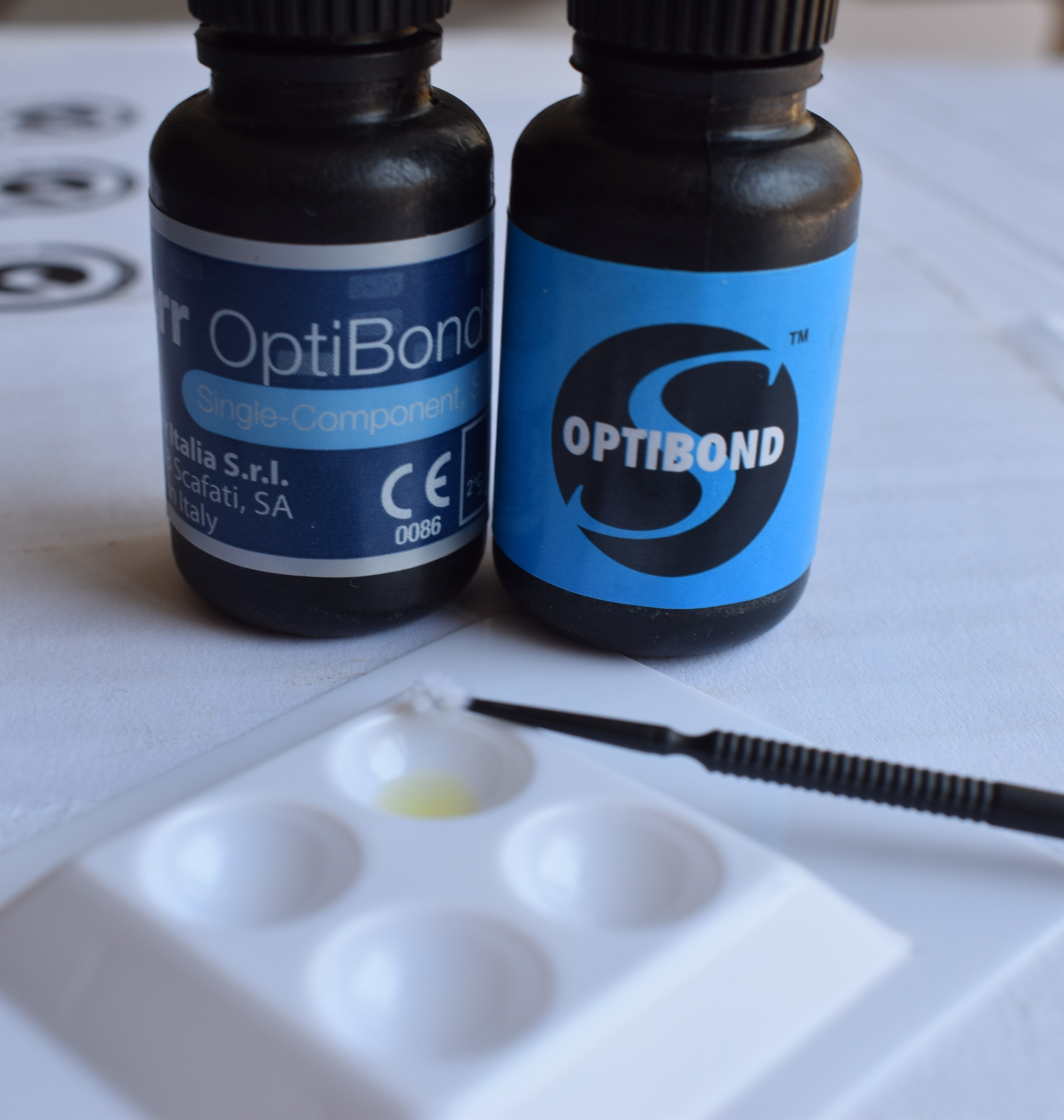| drug name | Total Etch Adhesives |
| classification | Dental Adhesive |
| pharmacokinetics | Not applicable. Total etch adhesives are not absorbed systemically. Their effects are localized to the tooth surface. |
| suggested dosage | Dosage is not applicable in the same way as oral medication. Application protocols are determined by the dentist based on specific clinical needs and patient factors. The amount of adhesive used is highly dependent on the tooth structure, cavity preparation, and the specific adhesive system. |
| indications | Total-etch adhesives are used in dental procedures to create a strong bond between restorative materials (like fillings, crowns, and bridges) and the tooth structure. They are indicated for bonding to enamel and dentin after a specific etching process. This process removes the surface layer of enamel which enhances the bonding of resin to the tooth. |
| safety in pregnancy | Limited data are available on the safety of total etch adhesives during pregnancy. The use of these materials during pregnancy should be discussed with a dentist who can weigh the benefits and risks and can apply appropriate cautionary measures. |
| safety in breastfeeding | Limited data are available on the safety of total etch adhesives during breastfeeding. The use of these materials during breastfeeding should be discussed with a dentist who can weigh the benefits and risks and can apply appropriate cautionary measures. |
| side effects | | 1 | Sensitivity or mild discomfort at the application site (most common, but usually transient). | | 2 | Allergic reactions (rare). | | 3 | Possible irritation of oral tissues | | 4 | Post-operative tooth sensitivity (short term). | | 5 | Tooth discoloration or slight surface etching defects (rare) | | 6 | Discomfort or pain during procedures. |
|
| alternatives | | 1 | | alternative name | Self-etch adhesives | | description | Self-etch adhesives require less extensive enamel etching. While some evidence shows comparable strength in certain scenarios, they may not be suitable for all procedures or situations, and require a slightly different approach |
| | 2 | | alternative name | Resin cement | | description | Resin cements are used in various dental procedures, often as a luting agent to secure restorations. They are not total-etch adhesives. |
| | 3 | | alternative name | Glass ionomer cements | | description | Glass ionomer cements are also used in dentistry. However, they are distinct from total etch adhesives and have different characteristics and use cases. |
|
|
| contraindications | | 1 | Known hypersensitivity to any components of the adhesive. | | 2 | Active oral infections or inflammation at the application site |
|
| interactions | Interactions are not applicable in the same way as with oral medications. The interaction between various dental materials is a complex issue that may be investigated on a case-by-case basis in some specific situations by dental professionals. |
| warnings and precautions | Care should be taken to prevent ingestion during application to reduce the risk of unwanted effects. Follow manufacturer's instructions carefully. Sensitivity or discomfort are usually temporary but the dentist may use temporary pain medication. The patient's specific oral health status and any medical conditions should be discussed with the dentist. |
| additional informations | | 1 | Total-etch adhesives are designed to be used under the direct supervision of a trained and licensed dentist. They should not be self-administered. | | 2 | Different types of total etch adhesives exist. Consultation with a dental professional is necessary to determine the appropriate adhesive for a particular case. |
|
| patient profile | |
